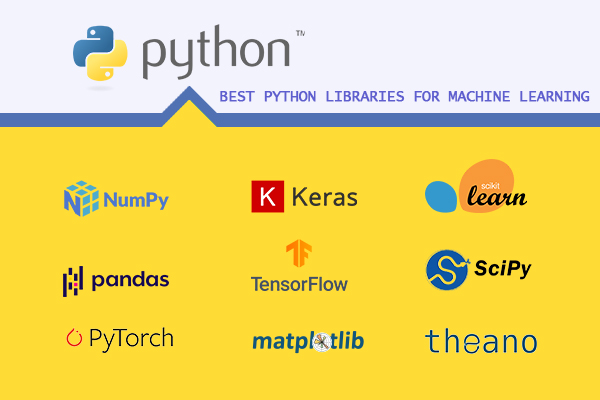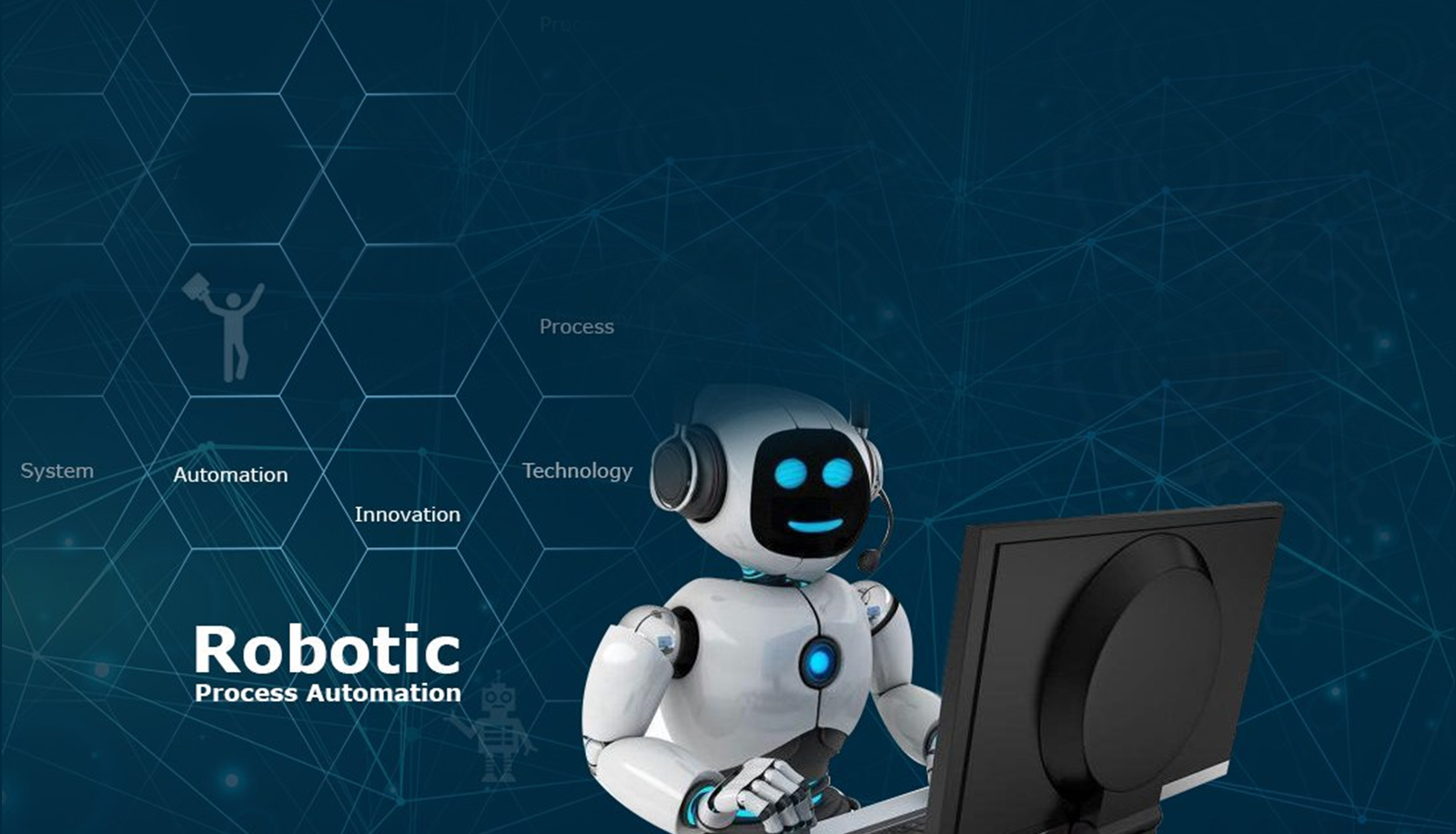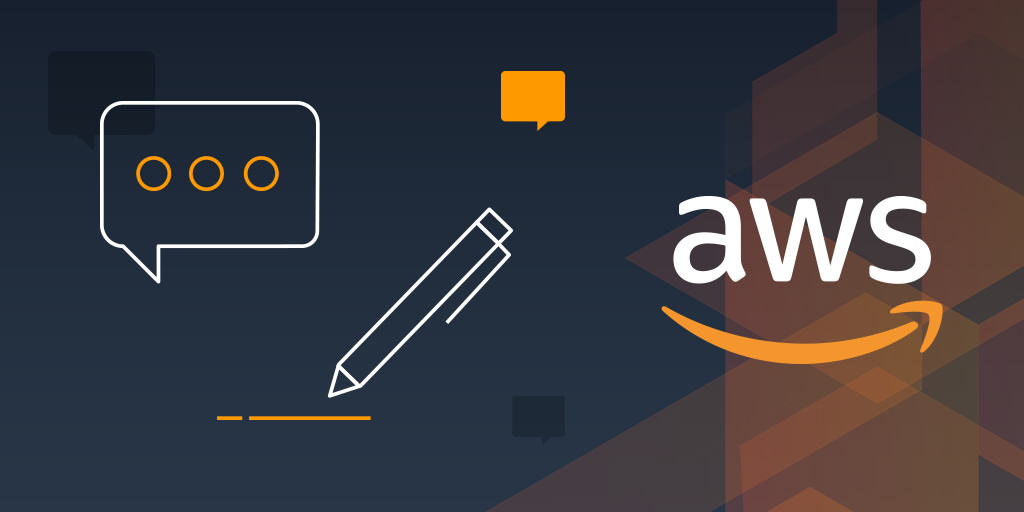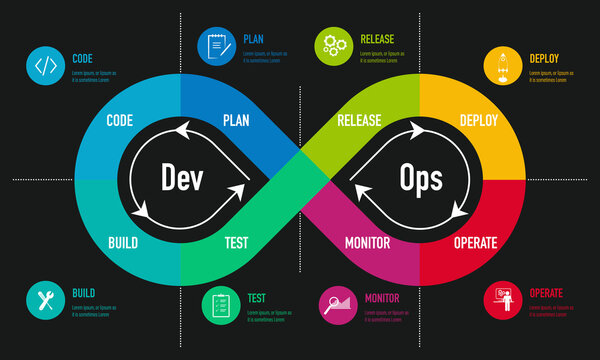In today’s fast-paced, tech-driven world, choosing the right career path can be daunting. For those interested in technology, the decision often boils down to two popular fields—Software Engineering and Data Science. Both offer exciting opportunities, lucrative salaries, and the chance to work at the cutting edge of innovation. But which path is best for you? This blog post aims to provide a comprehensive comparison to help aspiring professionals make an informed decision about their future.
Introduction to Software Engineering and Data Science
Before we jump into the nitty-gritty of each field, it’s essential to understand what Software Engineering and Data Science entail. Software Engineering primarily focuses on designing, developing, and maintaining software systems. This involves working with programming languages, software tools, and various development methodologies to create functional and efficient software solutions.
On the other hand, Data Science revolves around extracting meaningful insights from data. It combines statistical analysis, machine learning, and domain expertise to interpret complex data sets and drive decision-making. With the increasing importance of data-driven decisions, Data Science has become a crucial component for businesses across industries.
In this blog post, we’ll explore the prospects, skills required, market demand, educational paths, salary expectations, job satisfaction, and future trends of each field. By the end, you’ll have a clearer understanding of which career path aligns with your interests and goals.
Overview of Software Engineering and Its Career Prospects
Software Engineering is a dynamic field that continues to evolve with technological advancements. Professionals in this domain are responsible for creating and maintaining software applications that power everything from smartphones to enterprise systems. The demand for skilled software engineers is high, as businesses across sectors rely heavily on software solutions to improve productivity and customer experiences.
Career prospects in Software Engineering are vast and varied. Entry-level roles, such as junior developers, provide opportunities to learn and grow within a company. As professionals gain experience, they can advance to senior positions, such as lead developers or software architects, where they oversee projects and guide teams.
For those seeking more specialized roles, options like DevOps engineers, cybersecurity specialists, and mobile app developers offer exciting challenges and rewards. Software Engineering is a versatile field, allowing professionals to pivot into different areas as their interests and skills evolve.
Overview of Data Science and Its Career Prospects
Data Science is an interdisciplinary field that has gained immense popularity in recent years. Data scientists use advanced analytical techniques to uncover insights from data sets, enabling organizations to make better decisions. The field combines elements of mathematics, computer science, and domain knowledge to solve complex problems and drive innovation.
Career prospects in Data Science are equally promising. Entry-level positions, such as data analysts or junior data scientists, provide a solid foundation for building expertise. As professionals gain experience, they can progress to roles like senior data scientists or data engineers, where they take on more complex projects and responsibilities.
Specialized roles in Data Science, such as machine learning engineers or business intelligence analysts, offer opportunities to work on cutting-edge technologies and applications. The field’s rapid growth and relevance across industries make it an attractive option for tech enthusiasts and career switchers alike.
Skills Required A Detailed Comparison for Aspiring Professionals
Both Software Engineering and Data Science demand a unique set of skills and competencies. Understanding these requirements can help aspiring professionals identify which field aligns better with their strengths and interests.
Software Engineering primarily focuses on programming skills, problem-solving abilities, and a solid understanding of software development methodologies. Proficiency in languages like Java, Python, or C++ is essential, along with experience in tools and frameworks used for software development. Additionally, strong communication and teamwork skills are crucial, as software engineers often collaborate with cross-functional teams.
Data Science, on the other hand, requires a blend of analytical skills, statistical knowledge, and programming expertise. Familiarity with languages like Python or R, as well as libraries for data analysis and machine learning, is important. Data scientists also need to have a strong grasp of mathematical concepts, including statistics and linear algebra, to effectively analyze and interpret data.
Both fields require continuous learning and adaptation, as technologies and tools evolve rapidly. Staying updated with industry trends and developments is essential for professionals in either domain.
Market Demand and Industry Growth for Software Engineers and Data Scientists
The market demand for both Software Engineers and Data Scientists is robust, driven by the increasing reliance on technology and data across industries. However, understanding the nuances of demand can help aspiring professionals make more informed decisions.
Software Engineering is a well-established field with a consistently high demand for skilled professionals. Industries such as finance, healthcare, and e-commerce continue to invest in software solutions, creating abundant opportunities for software engineers. The rise of remote work and digital transformation further fuels this demand, as companies seek efficient software to support distributed teams.
Data Science, being a relatively newer field, has experienced explosive growth in recent years. The demand for data-driven insights spans various sectors, including marketing, finance, and healthcare. Organizations are keen to harness the power of data to make informed decisions, leading to a surge in demand for data scientists and analysts.
Both fields offer promising career prospects, but Data Science is expected to experience faster growth due to the increasing importance of data in driving business success.
Educational Paths Comparing Academic and Online Learning Options
Aspiring professionals have various educational paths to choose from when entering Software Engineering or Data Science. Understanding these options can help individuals decide which path best suits their learning style and career goals.
Traditional academic programs, such as bachelor’s and master’s degrees, remain popular choices for both fields. These programs provide a comprehensive foundation in the necessary skills and knowledge, along with opportunities for hands-on experience through internships and projects. Many universities offer specialized courses in Software Engineering and Data Science, allowing students to tailor their education to their interests.
Online learning platforms, such as Coursera, Udacity, and edX, offer flexible alternatives for those seeking to enter these fields. These platforms provide a range of courses, from introductory to advanced levels, covering essential topics and skills. Online programs often include interactive projects and assessments, enabling learners to apply their knowledge in real-world scenarios.
Bootcamps and short-term courses are another option for individuals looking to quickly gain practical skills in Software Engineering or Data Science. These intensive programs focus on hands-on learning and project-based experiences, equipping participants with the skills needed to enter the job market.
Salary Analysis Entry-Level and Senior Positions in Both Fields
Salaries in Software Engineering and Data Science are generally competitive, making both fields attractive options for tech enthusiasts. Understanding the earning potential can help aspiring professionals make informed decisions when choosing a career path.
Entry-level salaries for Software Engineers typically range from $60,000 to $80,000 per year, depending on location, company size, and industry. As professionals gain experience and move into senior roles, their salaries can increase significantly, with senior software engineers earning between $100,000 and $150,000 annually.
Data Science offers similarly competitive salaries, with entry-level positions ranging from $65,000 to $85,000 per year. Experienced data scientists can earn upwards of $120,000 annually, with specialized roles such as machine learning engineers or data architects commanding even higher salaries.
Both fields offer opportunities for career advancement and salary growth, making them appealing options for those seeking financial stability and professional development.
Job Satisfaction and Work-Life Balance in Software Engineering vs Data Science
Job satisfaction and work-life balance are crucial factors to consider when choosing a career path. Both Software Engineering and Data Science offer unique experiences and challenges that can impact these aspects.
Software Engineering is known for its collaborative work environment, with engineers frequently working in teams to develop and implement software solutions. This dynamic can foster strong relationships and a sense of camaraderie among colleagues. However, the fast-paced nature of the field can sometimes lead to long hours and tight deadlines.
Data Science, on the other hand, often involves more independent work, as data scientists analyze and interpret complex data sets. This autonomy can be appealing to those who enjoy problem-solving and critical thinking. However, the field’s rapidly evolving nature can also lead to a high-pressure work environment, with constant demands for upskilling and adaptation.
Ultimately, job satisfaction and work-life balance depend on individual preferences and priorities. Both fields offer opportunities for personal growth and fulfillment, but aspiring professionals should carefully consider their unique values and goals.
Future Trends and the Impact of Emerging Technologies
The tech landscape is constantly evolving, and both Software Engineering and Data Science are poised for continued growth and innovation. Understanding future trends can help aspiring professionals stay ahead of the curve and adapt to industry changes.
In Software Engineering, emerging technologies such as artificial intelligence (AI), machine learning, and cloud computing are reshaping the field. These advancements enable the development of more intelligent and efficient software solutions, creating new opportunities for engineers to innovate and contribute to digital transformation efforts.
Data Science is also experiencing rapid advancements, with technologies like deep learning and natural language processing (NLP) pushing the boundaries of what is possible. These innovations are expanding the scope of Data Science applications, driving demand for skilled professionals who can harness the power of data to address complex challenges.
Both fields offer exciting prospects for tech enthusiasts, career switchers, and programmers eager to explore the latest technological advancements and make a meaningful impact.
Making a Choice Guiding Aspiring Professionals in Selecting the Right Field
Choosing between Software Engineering and Data Science can be a challenging decision. However, by considering personal interests, strengths, and career goals, aspiring professionals can make a more informed choice.
Those with a passion for programming, problem-solving, and collaborating with others may find Software Engineering to be a rewarding career path. The field offers diverse opportunities for specialization and growth, along with the chance to work on impactful projects that shape the future of technology.
On the other hand, individuals drawn to data analysis, statistical modeling, and critical thinking may thrive in Data Science. The field’s rapid growth and relevance across industries provide ample opportunities for professionals to make significant contributions and drive innovation.
Ultimately, the decision should be guided by personal preferences and aspirations, with an emphasis on continuous learning and adaptation to industry changes.
Conclusion The Importance of Continuous Learning and Adapting to Industry Changes
In conclusion, both Software Engineering and Data Science offer exciting and rewarding career paths for tech enthusiasts, career switchers, and programmers. Each field presents unique opportunities and challenges, making it essential for aspiring professionals to carefully consider their interests, skills, and goals when choosing a path.
Regardless of the field chosen, continuous learning and adaptation are crucial for success. The tech landscape is constantly evolving, with new tools, techniques, and technologies emerging regularly. By staying informed and up-to-date, professionals can remain competitive and thrive in their chosen careers.
Whether you choose Software Engineering or Data Science, both fields offer the potential for personal and professional growth, financial stability, and the opportunity to make a meaningful impact in the world of technology.
























